Stories about Xi Jinping’s father, Xi Zhongxun, are blowing up on social media. He died in 2002, so why the interest in him now? The weird fact is that Xi Zhongxun is being talked about in the West precisely because he is not being talked about in China. Omission is the perverse way that one learns about what is really going on in the opaque world of Chinese Communist party politics. China-watchers live on scraps.
Xi Zhongxun was a big cheese in his own right. Born in the northwest’s Shaanxi province, he was an early member of the youth league of the CCP. After meeting Mao Zedong at the conclusion of the Long March, which ended up in his home province, he quickly rose through the party ranks. Following his successful governorship of the Guangdong province, where he set up one of the first of Deng Xiaoping’s “Special Economic Zones,” Xi Zhongxun was promoted to the politburo in 1982. His official obituary describes him as “an outstanding proletarian revolutionary” who was “one of the main founders and leaders of the revolutionary base areas in the Shaanxi-Gansu border region.”
A prime-time TV show glorifying President Xi’s family was dropped after just two episodes
In short, Xi Zhongxun was an early hero and a “big beast” of the CCP. He passed his “red genes” on to Xi Jinping, the primus inter pares of the “princelings” who have come to dominate Chinese politics over the past decade. So it was no surprise that it was the plan to name Shaanxi’s recently inaugurated Revolutionary Memorial Hall after Xi Zhongxun. But it didn’t happen. At the last minute, in a low-key ceremony, his name was not only expunged from the title but omitted entirely from the memorial. A similarly strange story attaches to the 40-episode television drama Time in the Northwest, which followed Xi Zhongxun’s life story. This unashamed glorification of President Xi’s family, slated to be shown in primetime on CCTV, China’s main state broadcaster, was dropped after two episodes.
Is it a coincidence that the expunging of Xi’s father has come to light while Xi himself seemingly disappeared from public view in the last two weeks of May? Chinese institutions are always alert to changes in the political wind – none more so than the state media. Recently, China-watchers have detected subtle changes. Xi, usually on every front page of the People’s Liberation Army Daily, has been much less prominent. Shen Ming-Shih, a director of the Institute for National Defense and Security Research in Taiwan, has observed “a noticeable decline in the official references to Xi.”
In the past, Xi Jinping has been described as the “eternal core of the party.” As recently as December, the People’s Liberation Army Daily wrote that decisions should “rely on a single voice of authority.” Now it praises the virtues of “collective leadership.” In addition, Shen has pointed out that academics at Peking University and South China University of Technology have not been punished for writing essays critical of Xi’s policies.
Remarkably, Hu Jintao, Xi’s predecessor and factional opponent, who, in front of the world’s press, was humiliatingly manhandled out of the CCP’s 20th National Congress in October 2022 by Xi’s bodyguards, seems to be making a comeback. On May 19, the People’s Daily and Xinhua News both published articles using Hu catchphrases that reference “scientific, democratic and law-based decision-making.” Wen Jiabao, former Chinese premier, a supposed billionaire, is another elder who is reportedly on maneuvers. In May, the usual monthly politburo meeting did not take place. Furthermore, Xi has not been present at high-level meetings of the Central Military Commission (CMC), of which he is chairman. His place has been taken by General Zhang Youxia, who is not a Xi faction member. CMC chairmanship is central to the power of a CCP general secretary.
Uncertainty about the direction of the People’s Liberation Army has contributed to the rumors of change in China’s leadership. Hei Weidong, vice-chairman of the CMC and a member of Xi’s Fujian faction, was suddenly arrested in April. Xi was governor of Fujian province in the late 1990s. In November last year, another of Xi’s Fujian clique, Admiral Miao Hua, who was head of the CMC’s Political Work Department, was placed under investigation for “serious violations of discipline” – the usual newspeak for corruption. On April 30, he was dismissed. Other Xi generals have reportedly been removed from their posts.
In the realm of economic management there are also signs of discontent. It is widely recognized that Xi’s repressive handling of the pandemic was catastrophic. Ultimately, it was public protest that forced him to end the lockdown. By Chinese standards, post-Covid recovery has been anemic. A property crash has destroyed consumer confidence and has also landed provincial governments with unsustainable levels of debt. Graduate unemployment has risen sharply. Many are fleeing to the West to find jobs.
A sense of malaise has cast a pall over China’s younger generations. As a recent émigrée Chinese dissident who, like her friends, disparagingly refers to Xi as “the village headman,” told me: “I realize that I was fortunate to live in a golden age of freedom and prosperity. Now it is over.”
A sign of Xi’s diminishing power is the increasing redundancy of the economic posts he holds. The Central Financial and Economic Affairs Commission, which he chairs, has been meeting only sporadically.
Foreign direct investment (FDI), which was a main contributor to the explosive economic growth of China after Deng’s liberalization of the economy in the 1980s, has collapsed. Beijing’s State Administration of Foreign Exchange reported that FDI in 2023 was the lowest in 30 years. Inevitably a high proportion of blame for capital flight is being put on Xi’s “wolf-warrior” style of diplomacy, itself an abandonment of Deng’s “softly, softly” approach to the expansion of China’s global power.
Who has been moving against Xi? Apart from elements within the army which are thought to oppose military action against Taiwan, the “princelings” – many of whose offspring now live overseas using the billions that their families have squirreled away – are thought to be conspiring against the President. Most importantly, the party elders are disillusioned with a leader who has assumed dictatorial powers but is deemed to have failed. In China, the elders act like an informal Areopagus which, in extremis, checks the power of the executive.
Given the dire problems facing China, it seems plausible that forces within the CCP have had enough of Xi
Willy Wo-Lap Lam, a Hong Kong-based scholar, has concluded that Xi’s “ability to shape policy in the financial, foreign affairs and other arenas has been truncated.” Lam speculates that “Xi might be driven out of office this year.” Similarly, Cai Shenkun, a long-standing China-watcher, has reported that CCP leaders have already decided Xi must step down: “It’s almost certain that an arrangement will be made to allow Xi and his inner circle to withdraw gracefully from the political stage. Once new leadership takes over, a new approach to governance will follow.”
In a similar vein, Yao Cheng, a former officer in the CCP navy who deserted and fled to America in 2016, has speculated that Xi will retain “only the ceremonial title of China’s chairman before fully retiring at the 21st National Congress [in 2027].”
Xi’s two-week disappearance in May seemed to support the theory that he has already been frozen out. Did his reappearance on June 4, when he met Belarus leader Alexander Lukashenko, lay to rest the rumors of his political demise? Quite the opposite. The meeting, which was uncharacteristically held at Xi’s house, was strangely subfusc and devoid of normal protocols. Reporting was delayed and brief and did not feature any quotes from the President. The press photographs were all lifted from Belarusian media as though Chinese reporters and photographers were not allowed to be present.
If the rumors of Xi’s defenestration are true, why the delay and subterfuge? The answer may lie in the fact that there is no obvious successor. No surprise there: during his 12 years in power, Xi has put his clique in most senior positions. Zhang Lei, a well-connected US-based YouTuber, has speculated that the CCP elders are casting around for a successor. Her sources suggest that Wang Yang, a liberal “non-princeling” member of the CCP’s Politburo Standing Committee from 2017 to 2022, has been sounded out.
Xi’s political demise has been predicted before and there can be no certainty that the recent waves of rumors are accurate. Even if they are true, it remains possible that Xi could stage a comeback and put his enemies to flight.
However, given the dire problems facing China and the indifferent performance of its leader, it seems quite plausible that forces within the CCP have had enough of the dictatorial Xi, who just two years ago presumptuously declared his intention to rule until 2032. If Xi falls, or indeed has already fallen, the consequences for Taiwan and US-China relations could be dramatic – and possibly beneficial to both.
This article was originally published in The Spectator’s August 2025 World edition.



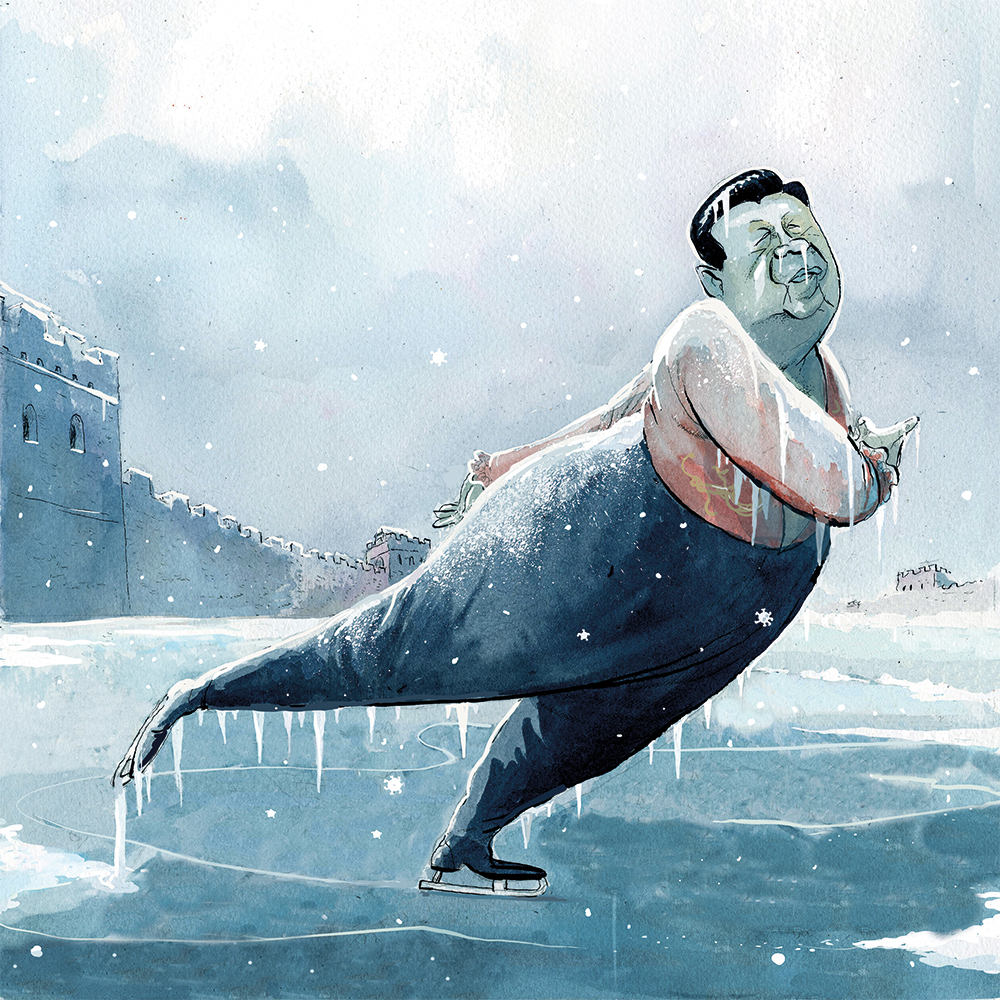






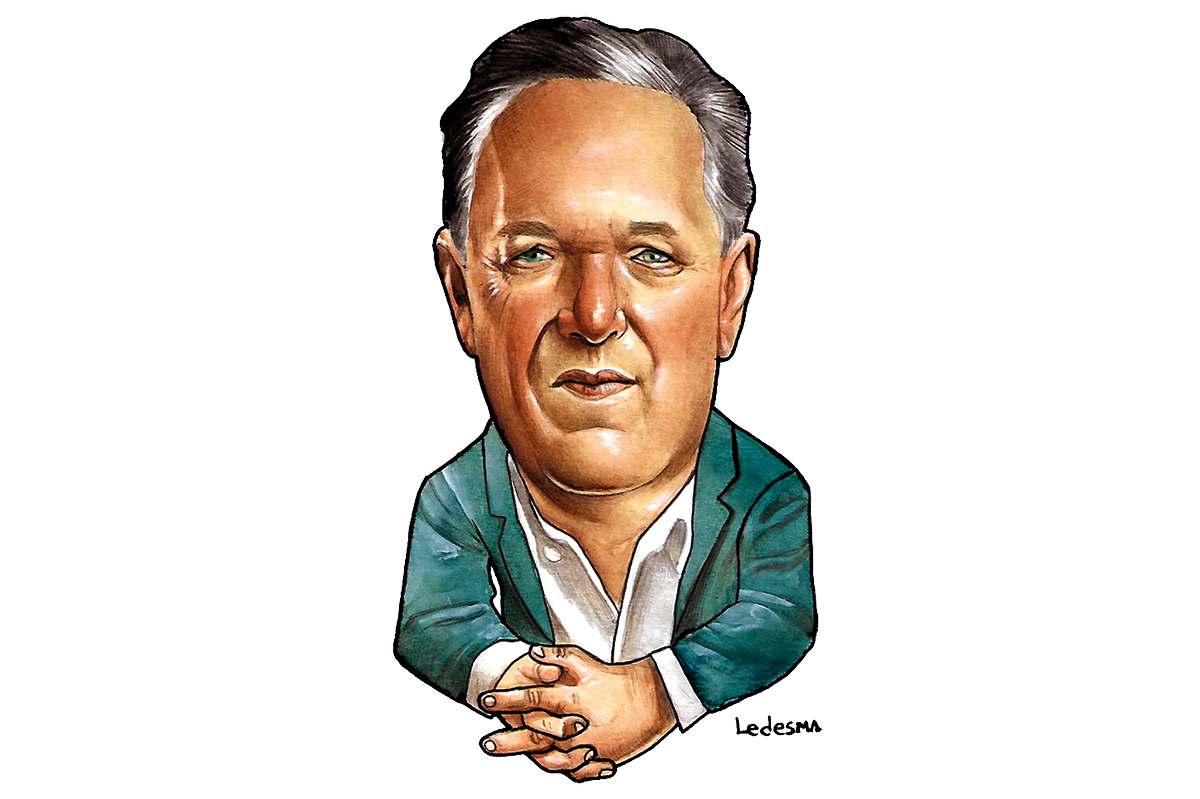
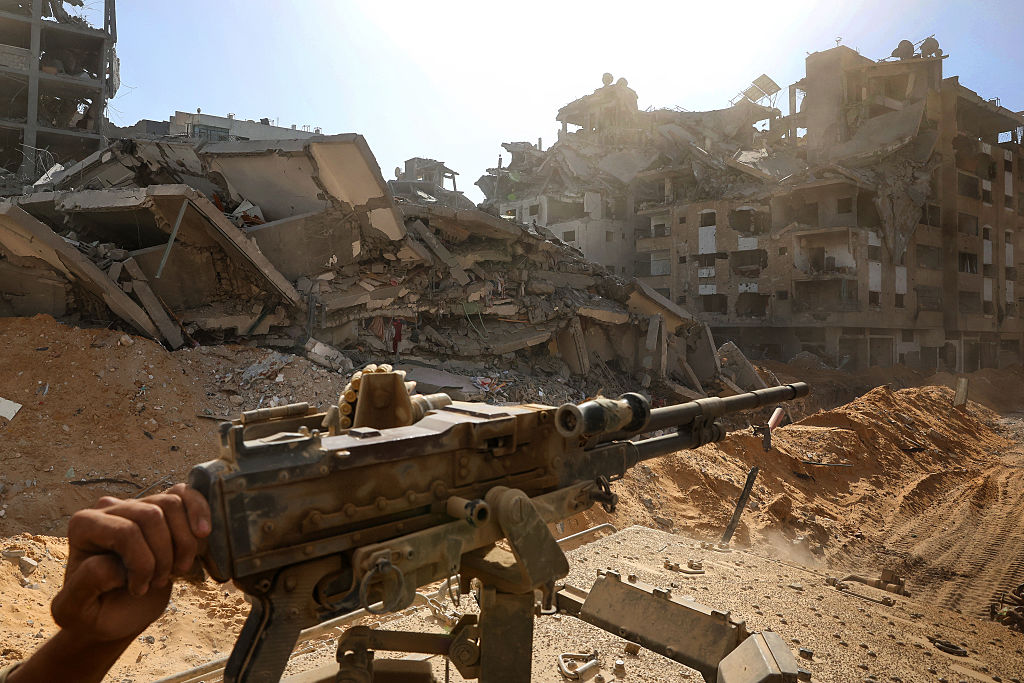

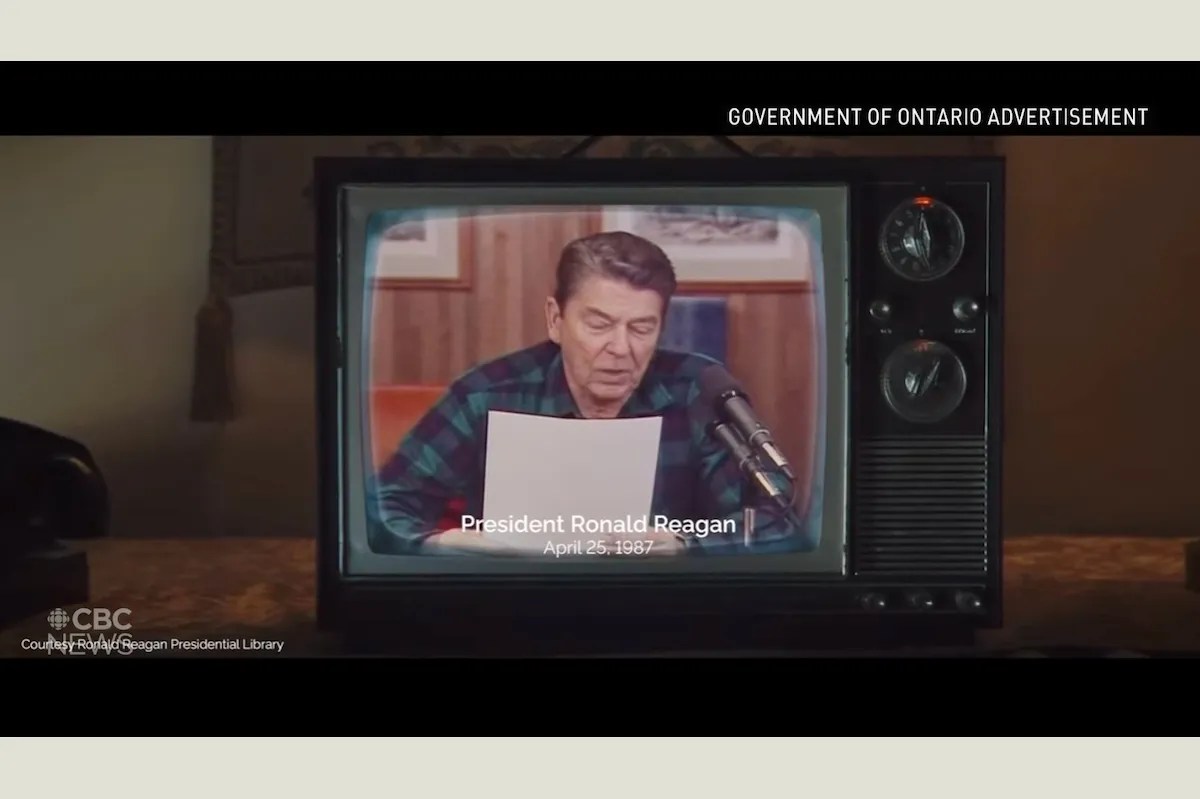
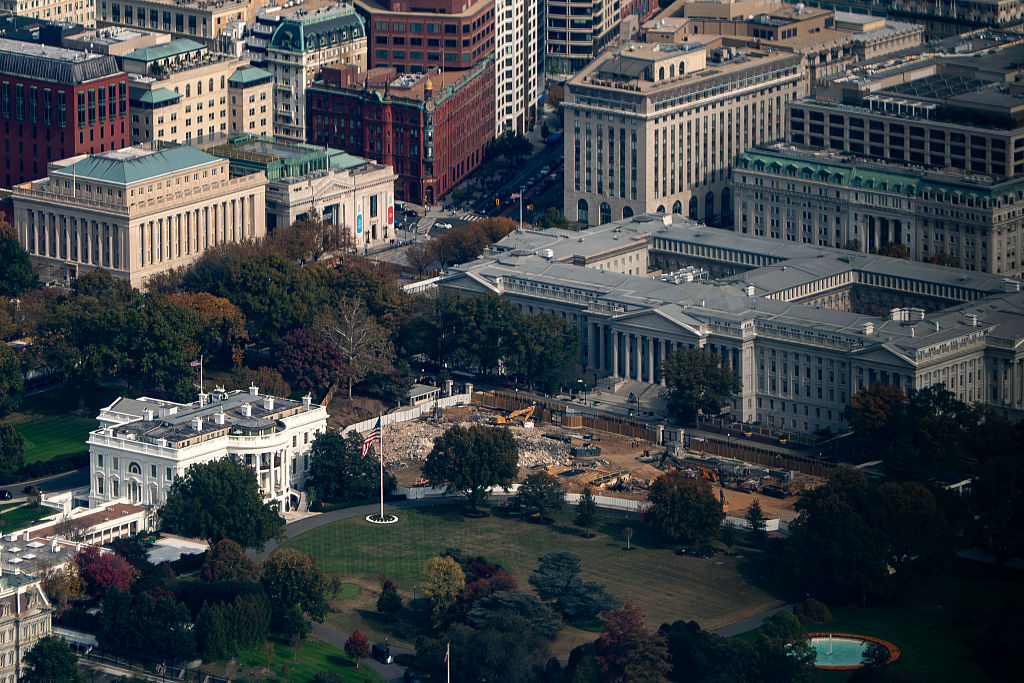
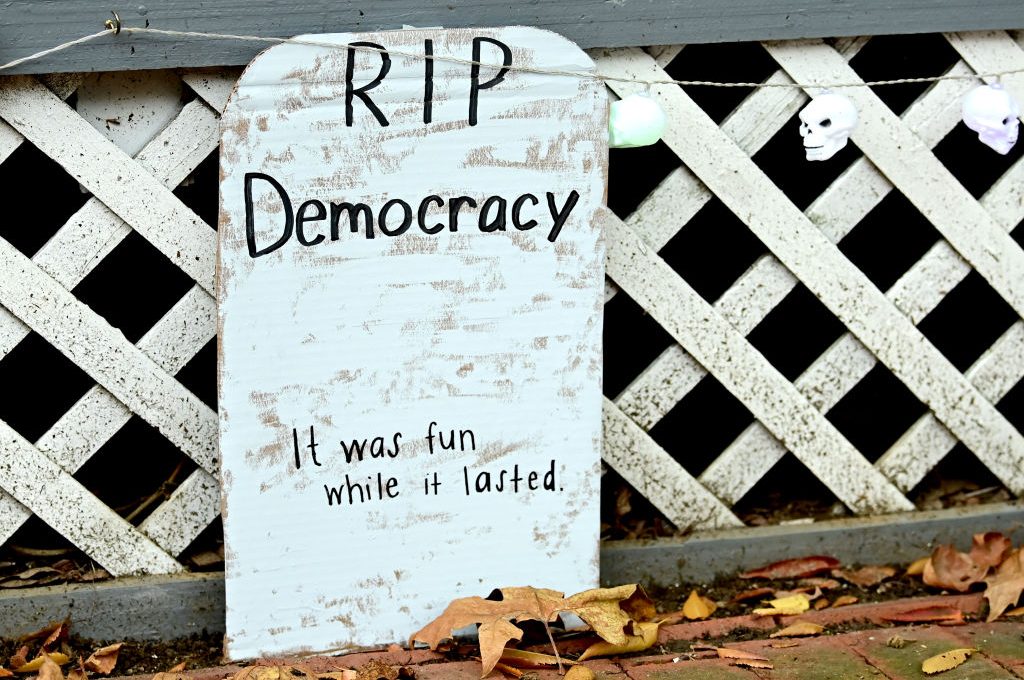







Leave a Reply